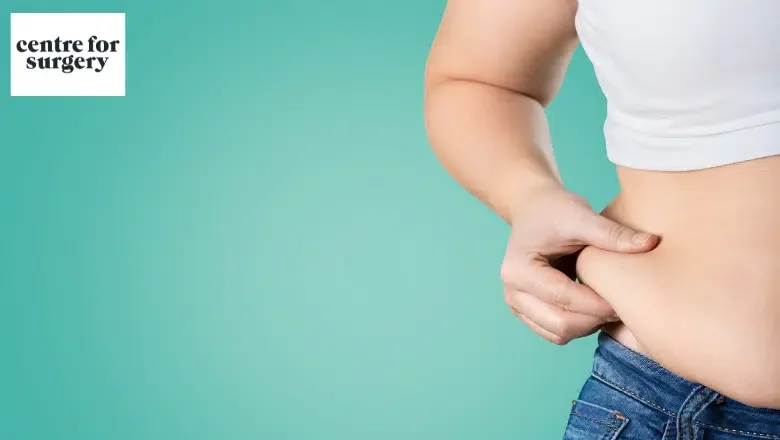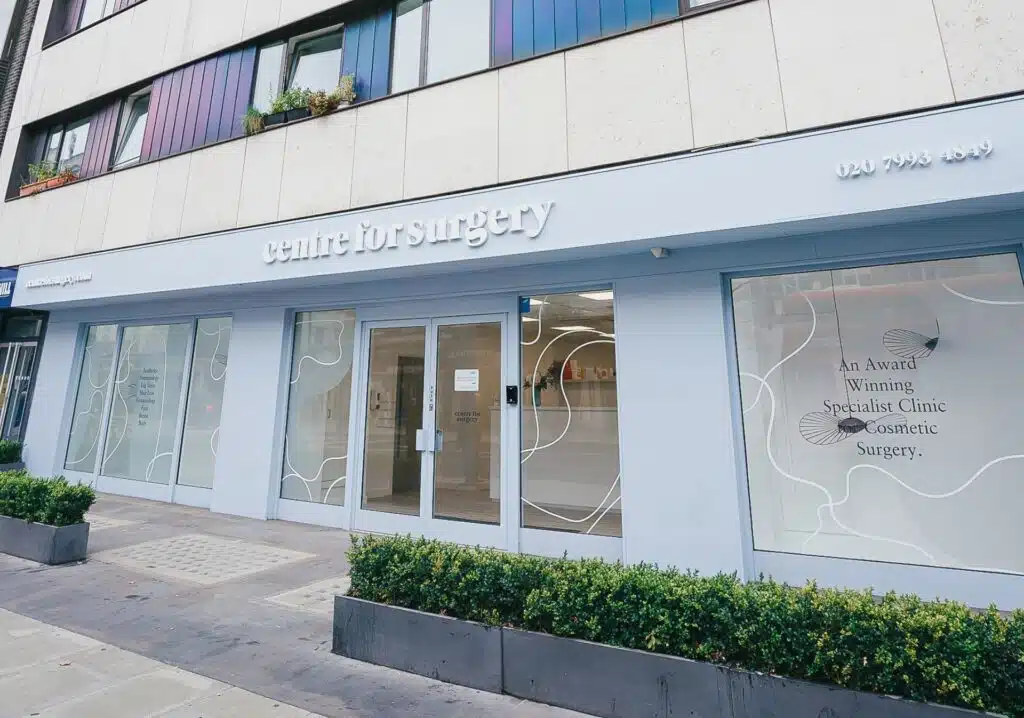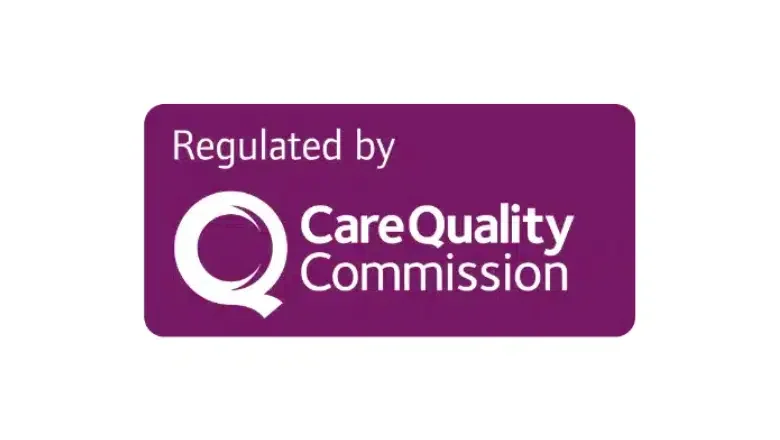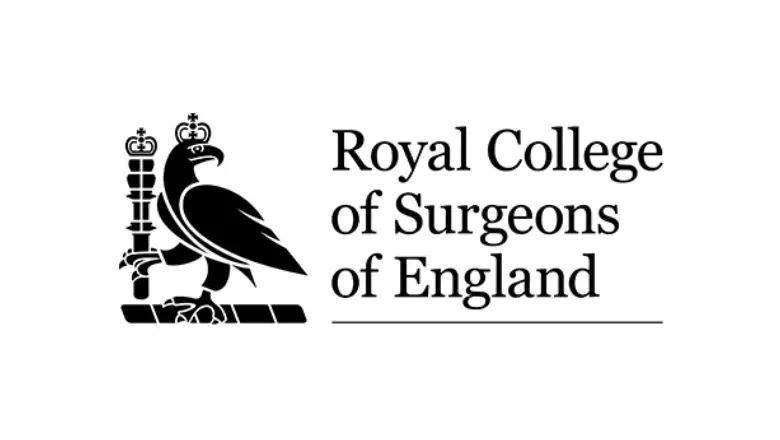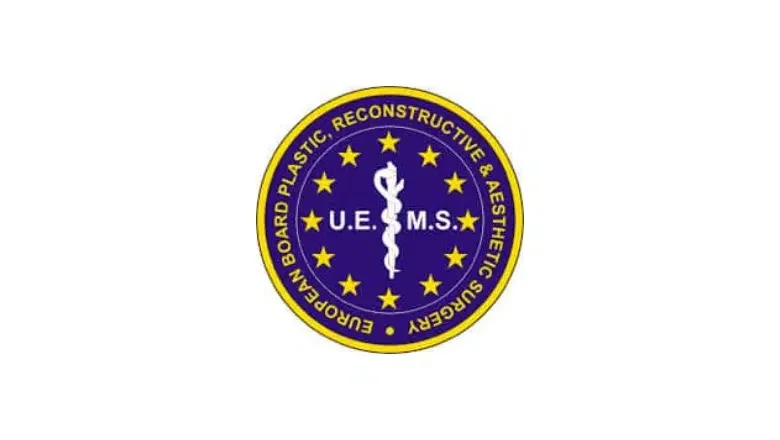Weight gain is often a significant concern for individuals who undergo liposuction. Many patients are worried about the possibility of fat cells returning after the procedure or the impact on their overall body shape in the long run. It is not uncommon for patients to share stories they’ve heard about “fat coming back” or being redistributed to different areas, leading to a disproportionate appearance.
RELATED: Liposuction FAQs – Q&A about Fat Removal Surgery
Understandably, these concerns can be distressing, especially when the primary goal is to eliminate unwanted fat and achieve a more appealing physique, not to gain additional fat!
Thankfully, there is some reassuring information for those considering liposuction. However, it is essential to be aware of certain factors that can influence the long-term results of the procedure.
According to our plastic surgeons at Centre for Surgery in London, liposuction permanently removes fat cells from the targeted areas, meaning those specific cells will not regenerate. This is the good news. However, to maintain the desired results, patients must diligently adopt a healthy lifestyle that includes a balanced diet and regular exercise.
RELATED: How to maintain your liposuction results
The remaining fat cells in both treated and untreated areas can still expand if weight gain occurs after liposuction. This is why it’s crucial to maintain a stable weight and engage in healthy habits to ensure long-lasting results. If a person gains weight post-liposuction, there is a higher likelihood of fat accumulating in untreated areas, potentially resulting in an uneven or disproportionate appearance.
Read on to learn more about preventing fat from coming back after liposuction.
Can fat come back after liposuction?
Liposuction permanently removes fat cells from the treated areas, meaning those specific fat cells will not grow back. However, this does not mean that a person cannot gain weight or accumulate fat after the procedure. The remaining fat cells in both treated and untreated areas can still expand in size if a person gains weight.
Here are some points to consider regarding fat accumulation after liposuction:
- Fat cell behaviour: Although liposuction reduces the total number of fat cells in the treated areas, it does not prevent the remaining fat cells from enlarging. If a person gains weight after the procedure, the remaining fat cells can still expand, leading to an increase in fat volume.
- Fat distribution: Since liposuction removes fat cells from specific areas, these areas have fewer fat cells than before the procedure. If a person gains weight after liposuction, there may be a higher likelihood of fat accumulating in untreated areas, leading to an uneven or disproportionate appearance.
- Lifestyle factors: The key to maintaining the results of liposuction and preventing fat accumulation is adopting a healthy lifestyle, including a balanced diet and regular exercise. If a person does not adhere to a healthy lifestyle after the procedure, they may regain the weight they lost during liposuction and negate the effects of the surgery.
- Hormonal influences: Hormonal changes, such as those experienced during menopause or due to certain medical conditions, can contribute to weight gain and fat accumulation after liposuction. In such cases, it is essential to work closely with a healthcare professional to address these factors and minimize their impact on weight.
What happens if I gain a small amount of weight after liposuction?
If you gain a small amount of weight after liposuction, the impact on your body’s appearance and fat distribution will likely be minimal. Although the specific fat cells removed during the procedure will not return, the remaining fat cells in both treated and untreated areas can still expand as you gain weight. Here’s what might happen with a minor weight gain:
- Fat distribution: With a small weight gain, the remaining fat cells in the treated areas may expand slightly, but the overall impact on fat distribution should be relatively minor. The treated areas will still have fewer fat cells than before the liposuction, and the fat accumulation in untreated areas will likely not be significant enough to create an uneven or disproportionate appearance.
- Treated areas: In the treated areas, a minor increase in fat volume might occur, but it will likely be less noticeable than in untreated areas. This is because there are fewer fat cells in the treated areas to expand with weight gain.
- Untreated areas: Untreated areas may experience a slight increase in fat accumulation, but with a small weight gain, the overall impact on your body shape should be minimal.
- Overall appearance: A small amount of weight gain might not substantially affect your overall appearance, depending on factors such as your starting weight, body composition, and the specific areas treated during liposuction. Your body contour should still resemble the improved shape achieved through the procedure.
To maintain the best results from liposuction, it’s essential to adopt and maintain a healthy lifestyle, including a balanced diet and regular exercise. This will help you manage your weight and minimise the impact of any weight gain on your post-liposuction results.
If you have concerns about weight gain after liposuction, consider consulting with your surgeon or a nutritionist for personalized advice on maintaining a healthy weight and lifestyle.
What happens if I gain significant weight after liposuction?
If you gain significant weight after liposuction, the impact on your body’s appearance and fat distribution can become more pronounced, potentially compromising the results of the procedure. Although the specific fat cells removed during liposuction will not return, the remaining fat cells in both treated and untreated areas can expand as you gain weight. Here’s what might happen with significant weight gain:
- Fat distribution: With substantial weight gain, the remaining fat cells in the treated areas may expand, and there may be a higher likelihood of fat accumulating in untreated areas. This can lead to a more noticeable uneven or disproportionate appearance, as fat distribution is altered due to the reduced number of fat cells in the treated areas.
- Treated areas: In the treated areas, there will be an increase in fat volume, although it might be less pronounced compared to the untreated areas. However, significant weight gain can still affect the treated areas and diminish the results of liposuction.
- Untreated areas: Untreated areas will be more susceptible to fat accumulation as you gain weight. This can result in a change in your overall body shape, as these areas may appear more prominent compared to the treated areas.
- Overall appearance: With significant weight gain, the overall appearance of your body may change, undermining the results of liposuction. You might lose the improved body contour achieved through the procedure, and your body may revert to a shape similar to what it was before liposuction or become disproportionate due to uneven fat distribution.
To maintain the best results from liposuction, it’s crucial to adopt and maintain a healthy lifestyle, including a balanced diet and regular exercise. This will help you manage your weight and minimise the impact of any weight gain on your post-liposuction results.
Top Tips for maintaining a stable weight after liposuction
Maintaining a stable weight after liposuction is crucial for preserving the results of the procedure. Here are some top tips to help you maintain your weight and enjoy the benefits of liposuction long-term:
- Balanced diet: Consume a well-rounded diet that includes lean proteins, whole grains, fruits, vegetables, and healthy fats. Focus on portion control and avoid excessive consumption of calorie-dense, nutrient-poor foods.
- Regular exercise: Engage in regular physical activity, including both cardiovascular exercise and strength training. Aim for at least 150 minutes of moderate-intensity aerobic activity or 75 minutes of vigorous-intensity aerobic activity per week, along with strength training exercises for all major muscle groups, at least two days per week.
- Stay hydrated: Drink plenty of water throughout the day to stay hydrated and support overall health. Adequate hydration can also help control appetite and promote healthy digestion.
- Monitor your weight: Keep track of your weight by regularly weighing yourself and noting any changes. This will help you identify any weight gain early and take corrective measures before it becomes a significant issue.
- Set realistic goals: Establish achievable, realistic weight maintenance goals to keep yourself motivated and focused on your progress.
- Manage stress: Find healthy ways to cope with stress, as stress can lead to emotional eating and weight gain. Consider activities such as meditation, yoga, deep breathing exercises, or engaging in hobbies that help you relax and unwind.
- Prioritise sleep: Aim for 7-9 hours of quality sleep each night, as insufficient sleep can negatively impact your metabolism, appetite regulation, and energy levels.
- Seek support: Surround yourself with a support network of friends, family, or professionals who can help you stay accountable and motivated in your weight maintenance journey.
- Plan meals and snacks: Plan your meals and snacks in advance to ensure you have healthy options readily available. This can help prevent impulsive, unhealthy food choices.
- Stay consistent: Embrace a sustainable lifestyle that promotes long-term weight maintenance rather than quick fixes or drastic measures. Consistency in your diet and exercise habits is key to maintaining a stable weight after liposuction.
If you have concerns about maintaining your weight after liposuction, consider consulting with your surgeon, a nutritionist, or a personal trainer for personalised advice and guidance.
Book a liposuction consultation at Centre for Surgery
Should you find yourself struggling with persistent fat deposits, don’t be discouraged from considering liposuction due to fears of fat recurrence.
As per the latest statistical data from BAAPS, liposuction ranks among the top five aesthetic surgical treatments in the UK. The vast majority of patients are extremely satisfied with their outcomes and succeed in sustaining their target weight, ensuring lasting results.
To gain further insight into liposuction and determine if it’s the right choice for you, reach out to Centre for Surgery. Schedule your visit to our cutting-edge clinic on Baker Street today.
